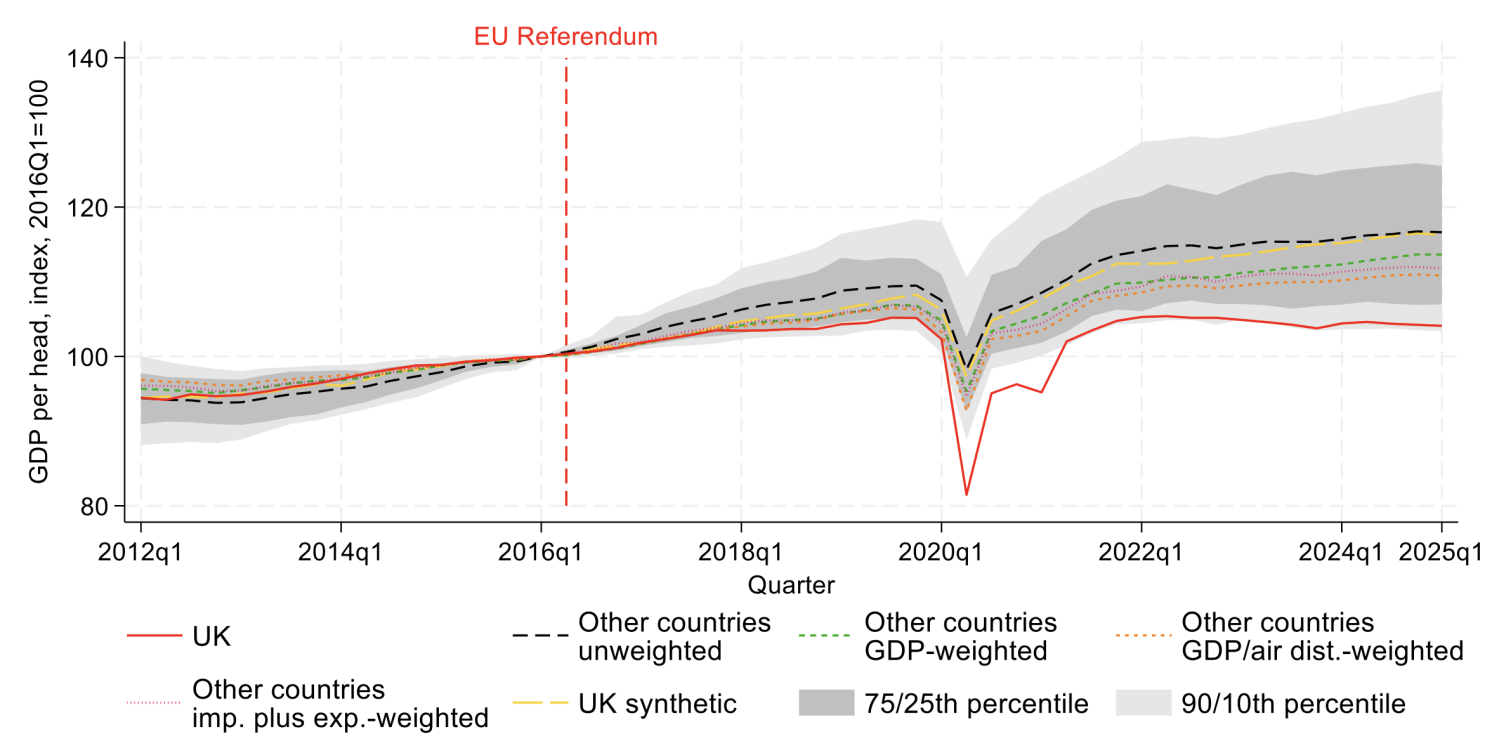In November 2023, the regulator increased the risk weights for loans to NBFCs by 25 basis points. As a result, bank borrowing has turned more expensive for these entities.
A senior banker said some state-run banks raised this issue with the RBI after holding consultations with other stakeholders, including the government and these state-sponsored NBFCs.
“These companies are solely engaged in providing loans to the infrastructure sector and are government-backed, so there is a case for giving the exemption, which will bring down their cost of funds and make onward lending cheaper,” said the banker, who did not wish to be identified.
ET’s queries to the RBI did not elicit a response till press time.
Risk weights determine the minimum capital banks need to hold for a particular type of loan. An increase in risk weight would require greater capital allocation for a given loan, raising the cost of funds.
The higher risk weight for bank loans to NBFCs was among a number of measures announced by the RBI to curb the high growth in certain components of consumer credit.
Experts said any exemption for state-run NBFCs will bring down the cost at which credit is available to these institutions from banks and thereby make more funds available to the infrastructure sector. “This will have a second order effect of increased GDP growth coming out from infrastructure growth,” said Vivek Iyer, partner at consulting firm Grant Thornton Bharat.
A possible alternative to bank funding could be private debt, he said. NBFCs would need to tap the institutional debt through debentures or commercial papers depending on the fund requirement. As per a recent note by CareEdge Ratings, banks have more than 50% share in total resources of NBFCs, and large NBFCs with asset sizes above ₹25,000 crore accounted for nearly 80% of resources mobilised from banks.
:Hence, the RBI had increased the requirement for capital for banks,” it said.
“If we need to push credit towards the infrastructure sector, we need to give some exemptions to these focused NBFCs,” a senior executive from a state-run infrastructure financing firm said on condition of anonymity.
In the interim budget for 2024-25, the government increased the allocation of the infrastructure sector to ₹11.11 lakh crore or 3.4% of the gross domestic product.





































